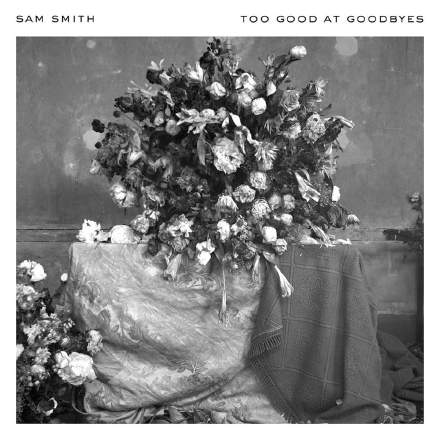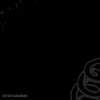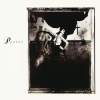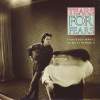
When shifting into their falsetto register, some male vocalists find it more comfortable physiologically to restrict (or even close off) the flow of air through their nasal passages. A side-effect is that ’n’ and ’m’ consonants begin to approach ’d’ and ‘b’ instead, almost as if the performer has a cold.
Normally this isn’t a huge issue, because most singers only use falsetto pretty sparingly, but it’s very much Sam Smith’s stock in trade, and I honestly found the nasally congested lyrics in this song a bit distracting. In the chorus, for instance, we’re treated to “you hurt be” and “every tibe” twice, and (my personal favourite) “we dote stad a chas”. And before anyone tries to argue that a blocked nose simply adds tear-stained authenticity to his emotional message, bear in mind that there are plenty of other moments (most of them not falsetto) where he displays all the clarity of a menthol-lozenge endorsee.
So what to do? I’ve had a certain degree of success remedying exactly this kind of thing with extreme automation moves, boosting the underpowered consonants and the little vowel-consonant and consonant-vowel transitions either side of them by 6dB or more. However, I also know from experience that sometimes there’s simply not enough information to work with. So really the best cure is prevention: either try to get the singer to work on opening up their nasal passages more during falsetto singing (which, incidentally, tends to give the sound a bit more airiness and intelligibility in general), or just avoid writing those consonant sounds into falsetto lines.
I also can’t help feeling that the lead vocal’s tuning seems to be pulling a little bit flat, at least in relation to the piano and bass. This is something that I can’t imagine having been left to chance with such a high-profile artist, and the cynic in me wonders whether it might be the result of an inappropriate pitch reference in Melodyne. But if it’s intentional I can see a definite justification, as I reckon it helps make the song feel a little more plaintive.










